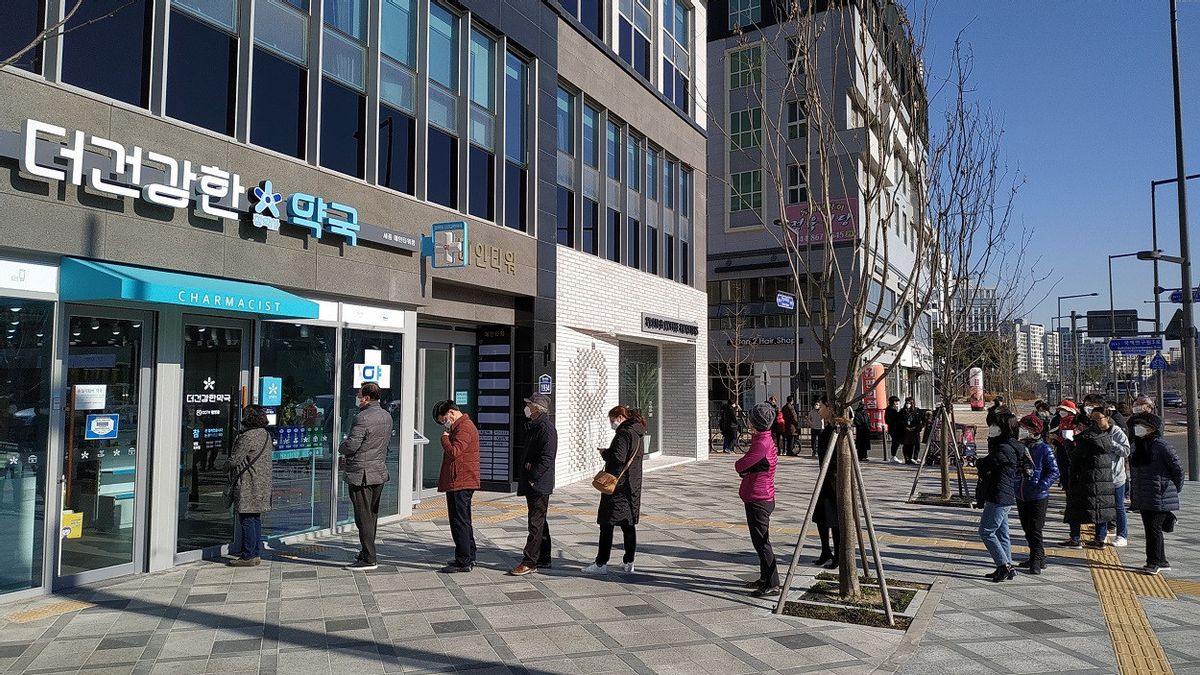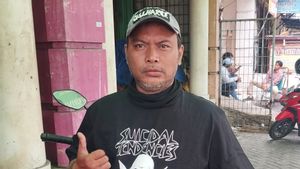JAKARTA - South Korea's daily new coronavirus cases exceeded 13,000 for the first time, data showed on Wednesday, as the government seeks to revise its handling of COVID-19 to focus on the highly contagious but less lethal variant of Omicron.
The record 13,012 came just a day after the tally of infection cases hit 8,000 for the first time, amid the rapid spread of the Omicron variant despite the extension of tough social distancing rules.
The Omicron variant is likely to account for more than 90 percent of new infections over the next few weeks, with the daily number jumping to 20,000 to 30,000 or more, health officials said. The variant became dominant in South Korea last week.
"Going forward, our top priority is to reduce critically ill patients and deaths," Prime Minister Kim Boo-kyum said at an inter-ministerial meeting on Wednesday, citing Reuters January 26.
The new testing policy has gone into effect in the four cities designated as pilots, where only priority groups can carry out polymerase chain reaction (PCR) tests. Meanwhile, others have to get a rapid antigen test first at the local clinic.
The program will expand on Jan. 29 to include about 256 state-run testing stations nationwide, and then hundreds of local clinics from Feb. 3, Kim said.
In addition, the Ginseng State Government has also cut the mandatory isolation for people who have been vaccinated but tested positive to seven days from the original ten, as part of efforts to free up resources for serious cases.
The ongoing spike has stoked concerns about a possible new wave of infections ahead of the Lunar New Year holiday starting on Saturday, when tens of millions of people travel across the country to meet family.
To note, South Korea with a population of 52 million people, has a tally of 762,983 infections and a death toll of 6,620, most of which are due to successful COVID mitigation.
More than 95 percent of adults have been fully vaccinated with about 58 percent having received a booster dose, according to the Korea Agency for Disease Control and Prevention.
The English, Chinese, Japanese, Arabic, and French versions are automatically generated by the AI. So there may still be inaccuracies in translating, please always see Indonesian as our main language. (system supported by DigitalSiber.id)








